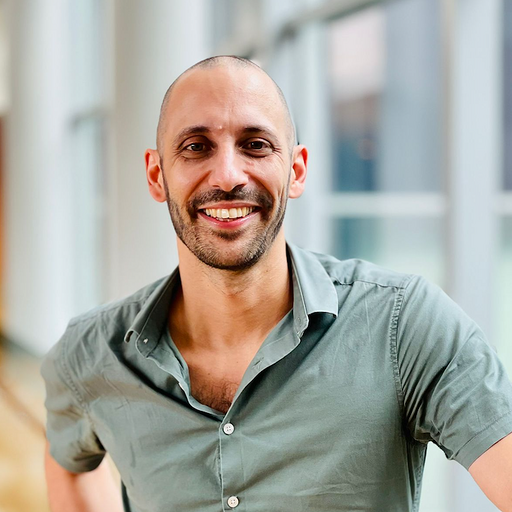In a recent survey of Indonesian, Filipino and Singaporean workers, mental health and job performance expectations seemed to be mutually exclusive
A July 2022 quality of life survey of 3,000 employed respondents from Singapore, Indonesia and the Philippines who were working at least 35 hours a week has yielded clues about the state of mental health, job satisfaction and overall lowest levels of social engagement.
Across all three countries, young respondents aged 16–24 tended to be motivated by the “fear of not being able to do as well as my peers”, indicated by 30% in Singapore, 20% in the Philippines and 11% in Indonesia respectively.
Also, 50% of respondents in the three countries had reported feeling burnt out from work at least a few times a month, with 41% indicating they were “often” or “always” feeling as though they cannot stop thinking about work.
Other findings
According to the report, numerous factors could have contributed to burnout and fatigue among the workforce being surveyed—including financial and geopolitical uncertainties; the COVID-19 pandemic; or a potential global recession on the horizon; the glamorization of productivity; and the ‘rise and grind’ mentality, especially among the younger groups. Also:
- 58%, 53% and 50% of respondents cited the following reasons for pushing themselves hard: the desire to build a better life for themselves and their loved ones; achieving a sense of accomplishment; and earning more income, respectively
- 56% of Filipino respondents, followed by 52% and 42% of Indonesian and Singaporean respondents respectively, reported high engagement at work
- 17% of Filipino respondents indicated they were dissatisfied with their job, compared to 15% for Indonesia and 26% for Singapore respondents respectively
- 52% of Singapore respondents indicated having “poor quality of life” compared to 37% and 36% in Indonesia and the Philippines respectively. Also, 30% of Singaporean respondents indicated having poor sleep quality (having indicated a subjective score of 4 or below on a scale of 0 to 10), compared to 19% and 16% of Indonesian and Filipino respondents respectively
- 78% of respondents in the Philippines, followed by 68% in Indonesia and 57% in Singapore rated their mental health to be “good” or better

According to Dr Oliver Suendermann, Clinical Director, mental health tech firm Intellect, a mental-health tech firm that commissioned the survey: “Employees may tie their self-worth and identity to professional achievements, further propagating the glorification of workaholism. We encourage employers to normalize conversations about employee mental health to help shift workplace cultures towards having more open conversations about personal well-being, and taking preventive and reactive measures to care for their workforce. An empowered workforce is more likely to its full potential at work and bring greater value to teams.”
